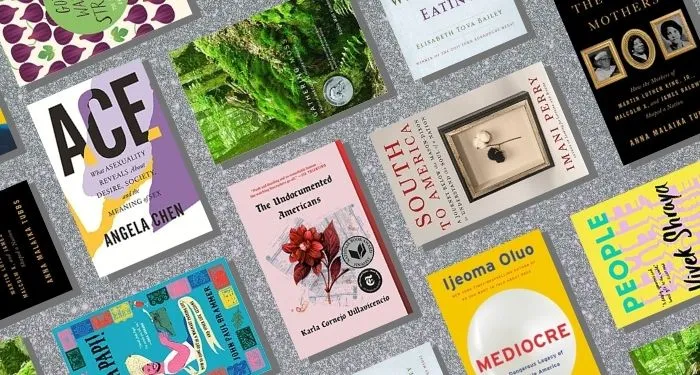
Nonfiction Now: 10 Books I’d Love to See Adapted Into Comics
I didn’t used to read nonfiction at all. Five years ago, if I read one nonfiction book in a year it was a miracle. These days, I can’t get enough. I read it all: memoir, history, essay collections, weird hybrid nonfiction that doesn’t fit into neat categories, politics, science and nature books, biographies. I credit this shift in my reading to two things: audiobooks and comics. When I started reading in different formats, whole new worlds of books opened up to me. I still have trouble getting through long nonfiction books in print. But I gobble them up on audio.
I feel the same way about nonfiction comics. Some material is just hard to get through in print. Nonfiction can be dense and intense. There’s a lot of information to take in. My brain isn’t always up for it. But reading comics requires a different muscle. It’s a different way in. With comics, I’m absorbing information in more than one way: I’m reading the text, but I’m also looking at the art. Something about the combo makes it easier for me to tackle challenging subjects.
Happily, there are a lot of wonderful works of graphic nonfiction out there. But that doesn’t mean I can’t dream about other nonfiction books I’d like to see adapted into comics. When it comes to books, more is always better. Why can’t we have print, digital, audio, graphic, YA versions of every book? More formats means more people accessing the work. I’m all in.
So listen up, publishers: here are the top ten books on my graphic nonfiction adaption wishlist.
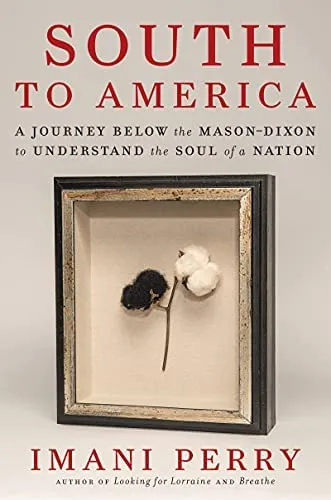
South to America by Imani Perry
This gorgeous book is a blend of memoir, history, analysis, travel writing, journalism, and more. Perry travels all over the south, talking with different people, and exploring the culture, art, politics, language, geography, ecology, and legacies of this complicated region so central to American mythology. I can already see how beautiful this book would be in graphic form. Maybe a different southern artist could illustrate each section, further reflecting the diverse voices present in the book.
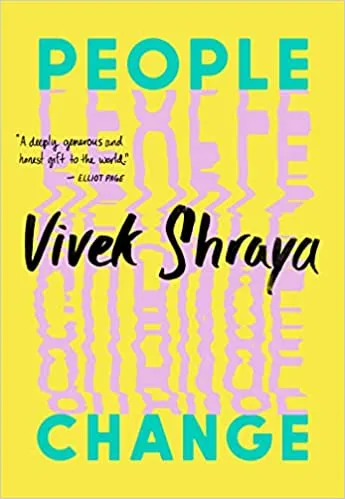
People Change by Vivek Shraya
This is a short and powerful book about change, identity, and transformation. Shraya examines change from various angles, writing about how it relates to gender, relationships, queerness, making art, and more. A book all about the possibilities of continual transformation seems like it was made to be turned into a graphic version of itself. And since Shraya is an artist, I’m sure the end result would be spectacular!
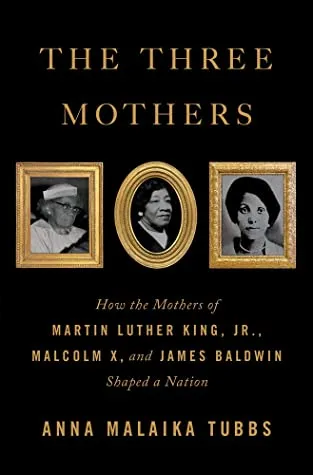
The Three Mothers by Anna Malaika Tubbs
Martin Luther King, Jr., James Baldwin, and Malcolm X are household names — but how much do you know about their mothers? In this triple biography, Tubbs tells the stories of these three remarkable women, whose lives deserve to be celebrated in their own right, and not just because of their sons. This is the sort of history that I think translates well to the graphic form — it’s essentially three life stories. And it’s also the kind of important history that should be made accessible to as many people as possible — the more forms it takes, the better!
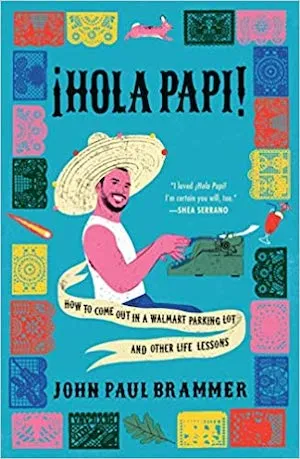
Hola Papi! by John Paul Brammer
John Paul Brammer’s warm, funny, compassionate voice shines through in this collection of essays about romance, family, cultural and racial identity, coming out, breakups, fashion, and more. His blend of personal stories and practical advice would make such a fun graphic novel. I’d love to read it alongside S. Bear Bergman’s Special Topics in Being a Human. We need more queer-centered advice books!
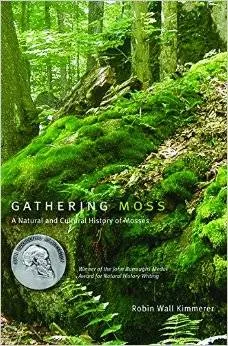
Gathering Moss by Robin Wall Kimmerer
Now that I’ve imagined this book as a graphic one, I can’t get the image out of my head. It’s a beautiful read — Kimmerer’s work is always beautiful — all about moss. Kimmerer gets into moss biology and ecology, but she also shares the many stories and lessons moss has to teach us. I can already see all the art that might go into a graphic version of this, a combination of scientific illustrations and drawings of moss that capture its wonder and mystery.
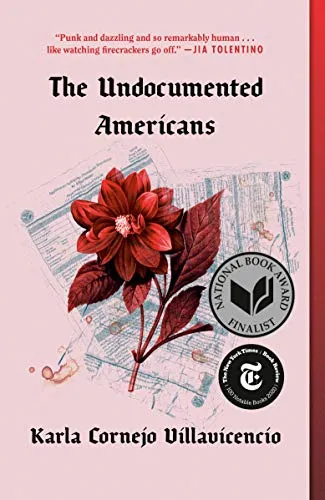
The Undocumented Americans by Karla Cornejo Villavicencio
Collections of interviews often make fantastic graphic nonfiction, and that’s essentially what this book is. Traveling from New York to Miami to Flint, Michigan, Villavicencio speaks with undocumented people all over the country about their lives and experiences. Throughout, she shares her own family’s story, and the result is a powerful book about immigration, identity, and what it means to belong.
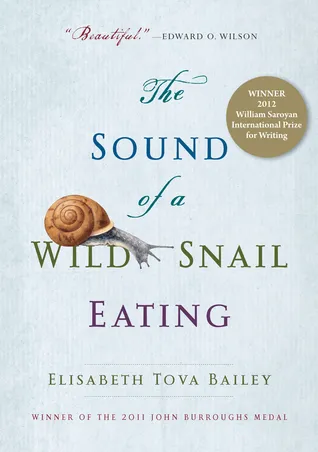
The Sound of a Wild Snail Eating by Elisabeth Tova Bailey
This quiet and beautiful memoir is Bailey’s account of one year of chronic illness, most of which she spends in bed. When a friend brings her a snail in a small terrarium, she becomes fascinated by its behavior, and sets out to observe it very closely. Her observations are accompanied by a fascinating exploration of the history and biology of snails. This is a book about paying attention, slowing down, and looking closely. I’m imagining a thick book, with only a few of Bailey’s words on each page to go with detailed drawings of the snail she befriends.
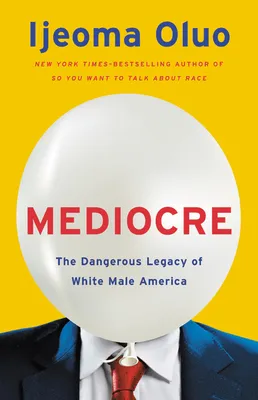
Mediocre by Ijeoma Oluo
I admit this might be a tough one to adapt, because there is just so much information packed into it. Oluo examines the history of while male power in America, revealing just how entrenched that power is in every aspect of American society. It’s a brilliant work, far-ranging, meticulously researched work, touching on education, media representation, politics, business, sports, and so much more. More than almost any other nonfiction book, this is the one I want to shove into everyone’s hands. And that’s why I’d love to see it adapted: so I could shove it into even more people’s hands!
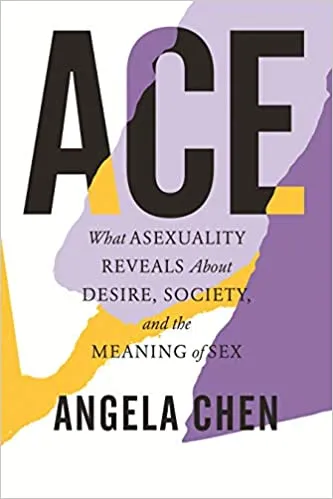
Ace by Angela Chen
This is another wonderful book packed full of information, but I’d still love to see a graphic version. It’s an accessible introduction to asexuality, a blend of academic analysis and personal stories about Chen’s own experiences as an ace woman. She writes about sex, desire, intimacy, attraction, gender, and queerness through an asexual lens, reframing the conversation about sexuality. The book also includes interviews with aces of many genders, ages, races, and sexualities. I’m sure someone could turn this brilliant book into an equally brilliant graphic one!
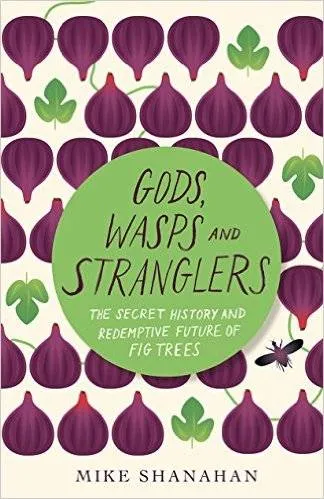
Gods, Wasps & Stranglers by Mike Shanahan
This delightful little book is full of fascinating stories about the history, biology, and cultural significance of fig trees. Fig trees are incredible all on their own, but Shanahan digs deep into ecology, conservation, culture, religion, botany, mythology, politics to explore just how amazing and unique this species is. This book is screaming for a graphic adaption — I’d buy it for the art alone.
If you’re eager to dive into some nonfiction comics that already exist, never fear: there are so many great ones! For starters, check out these nonfiction comics from 2021, these nonfiction YA comics, these queer nonfiction comics, and these moving graphic memoirs.















